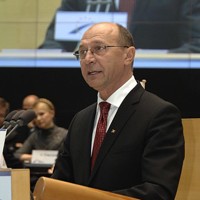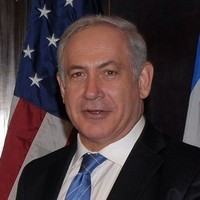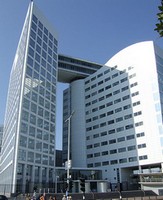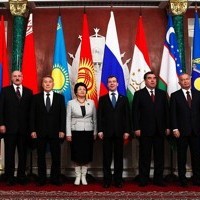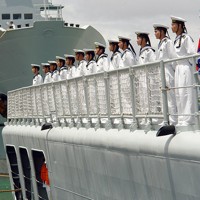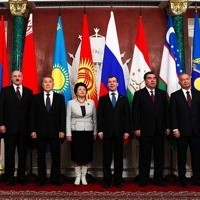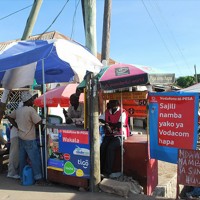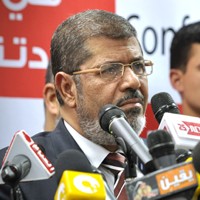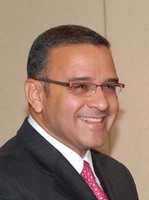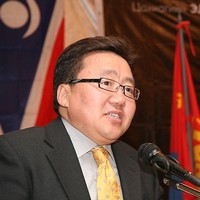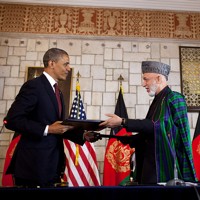
This past week, during an unannounced visit to Kabul, U.S. Secretary of State Hillary Clinton declared that the Obama administration had designated Afghanistan a “major non-NATO ally.” Though the status does not carry with it any sort of legal expectation that the United States will consider an attack against Afghanistan as an attack on the U.S., it is one of the most significant designations in America’s diplomatic arsenal in terms of upgrading a bilateral relationship outside a formal treaty of alliance. Most reports indicate that this status was granted to Afghanistan to reassure the government of Afghan President Hamid Karzai […]


